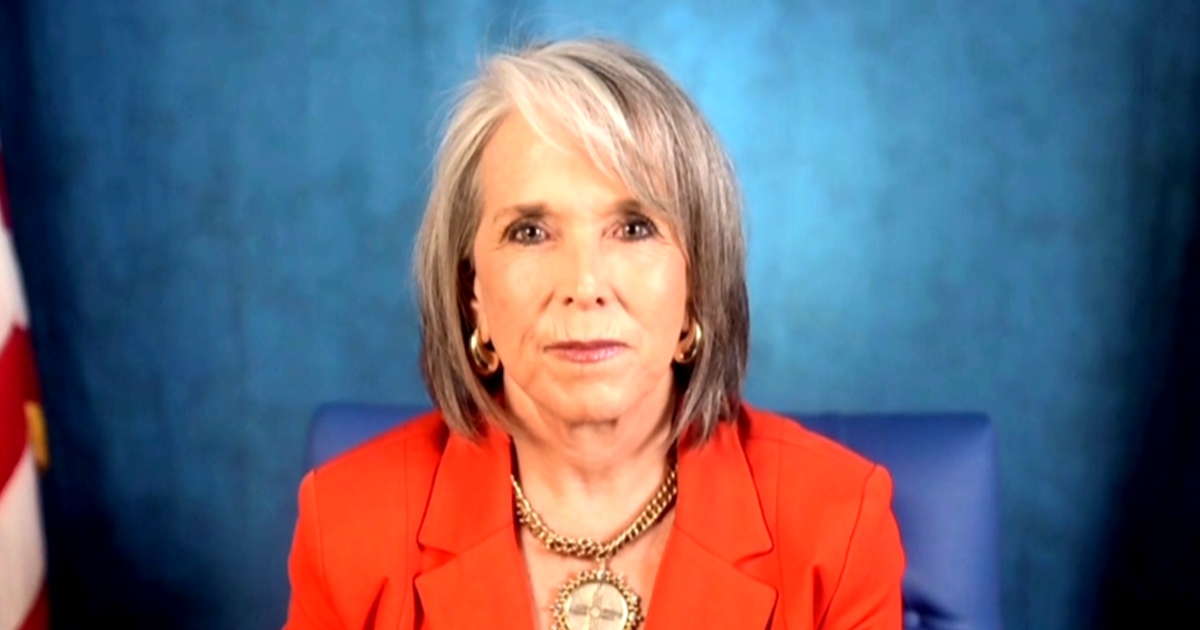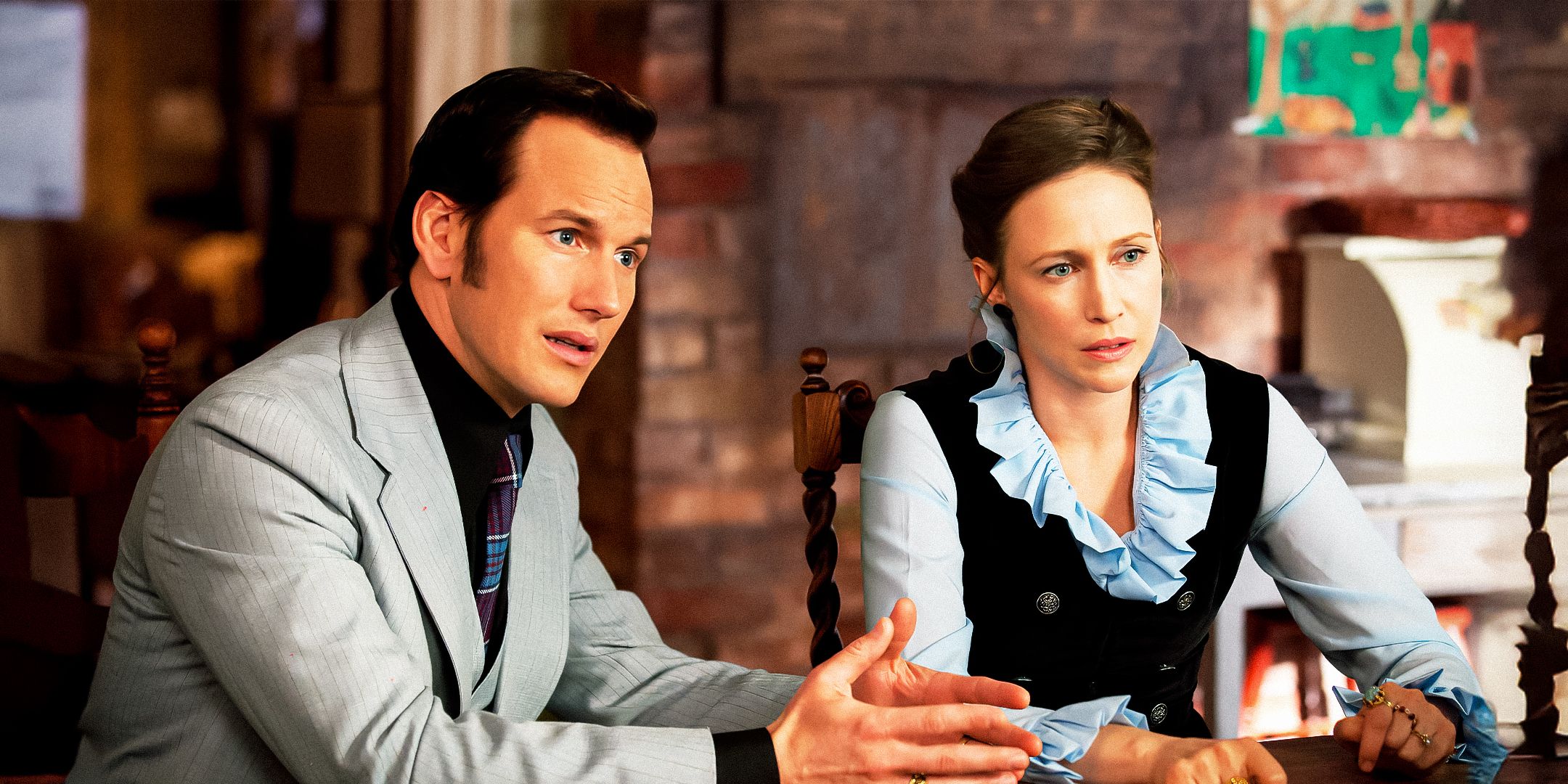Personalizing Network Events for College Student by Strengths
One of the challenges for students entering the workforce is identifying how their experiences in and outside the classroom have prepared them for careers. A 2023 survey by Cengage found that one-third of recent graduates felt underqualified for entry-level roles, and only 41 percent believed their program taught them the skills needed for their first job.
Focused career development opportunities that address unique learner populations, such as working or neurodiverse students, can help bridge the gap between lived experiences and their application to the world of jobs.
Inside Higher Ed compiled various initiatives that increase career readiness for specific student populations.
Most Popular
Beacon College in Leesburg, Fla., primarily serves students with learning disabilities, including ADHD and dyslexia. Last year the college established a career fair designed for these learners, which introduces them to employers looking to develop a neurodiverse talent workforce.
Survey Says
Just under half of college students believe their college or university should focus more on helping students find internships and job possibilities, according to a May 2024 Student Voice survey by Inside Higher Ed and Generation Lab.
This spring’s event, Internship Careers and Neurodiversity (ICAN), featured two dozen national and local employers. Success coaches were on site to support students and employers as they engaged with one another, and students could visit the Zen Den if they needed a quiet and private space to process.
ICAN “is designed to remove barriers and reduce anxiety often associated with large-scale ‘convention center’ type events, so Beacon College can empower neurodivergent college students and help increase their participation in networking events elsewhere,” according to an April press release.
Student athletes have packed schedules while they’re in season, making it difficult to balance athletics, coursework and extracurricular activities, which can sometimes push career development opportunities to the background.
To help student athletes build their confidence in professional settings, Kennesaw State University created a “networking scrimmage” with employers so learners could practice introducing themselves, relay their academic and athletic accomplishments, and discuss career interests in a low-stakes environment, according to a university press release.
Students also heard from three former student athletes who shared their stories of transitioning from sports into the workforce, as well as advice on how to navigate postcollege life.
In 2023, the University of Phoenix created a digital tool that allows working adult learners to identify skills and goals that will guide them on their career journey.
Students can access Career Navigator through the student portal. The tool allows them to build out demonstrated and self-attested skills and explore job features, including daily tasks and salary range, as well as identify skill gaps they may have when pursuing their desired career.
After leaving military service, many veterans enroll in college to build career skills and gain further education, but connecting their military experience to civilian life can be a challenge.
Editors' Picks
The University of Colorado, Denver, provides a one-year cohort program for student veterans, Boots to Suits, to aid their journey, providing personalized academic and career-development resources. Program participants receive job search strategies and career coaching, as well as advice on networking and building their LinkedIn profile and résumé.
While general career fairs and networking opportunities can give students visibility into employers or roles they may not otherwise have considered, tailored events can connect students of a particular discipline to employers looking for their expertise.
Staff at Villanova University identified a problem at their career fairs: The number of employers looking for early-career civil engineers far overshadowed the number of students interested in such jobs. In response, staff created a new event specifically for civil engineering students, allowing employers to connect with potential interns earlier in their college career while also ensuring that students who were interested in other fields were able to engage with organizations that better fit their career goals.
The University of Maryland hosts a Visual Arts Reverse Career and Internship Fair, a flipped model of the career fair in which employers visit a student’s table or booth to engage with their portfolio of work. This allows students to display graphic design, video production and immersive media skills in an engaging way that better reflects their learning and accomplishments.
Do you have a career-focused intervention that might help others promote student success? Tell us about it.













